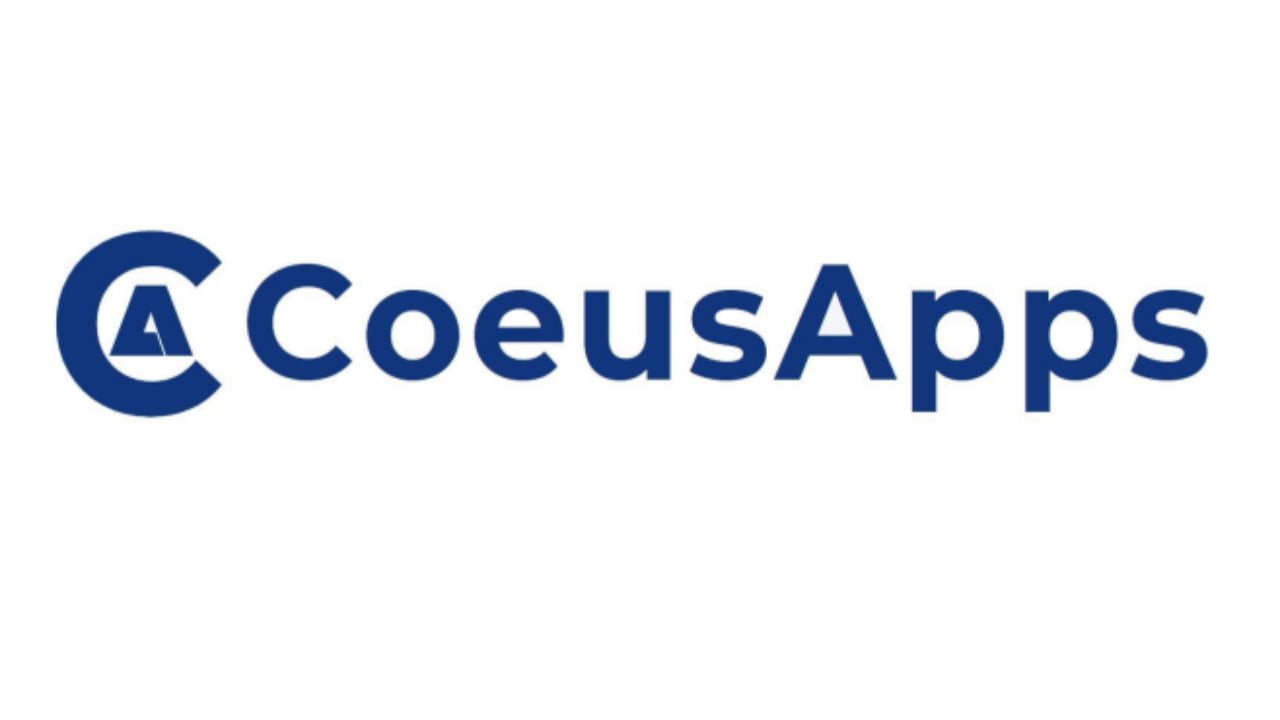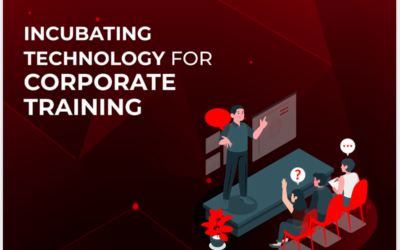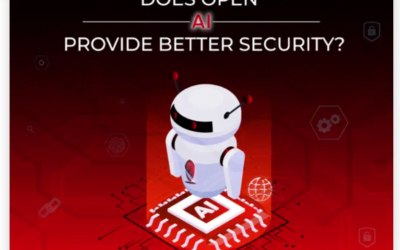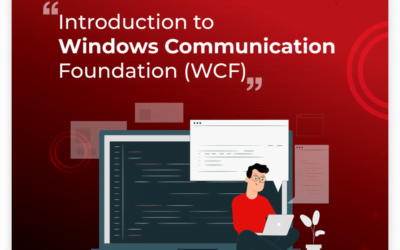Fuel Your Career Growth with Dynamic Linux and AWS Training and Certification
LINUX AND AWS
Elevate Your Skill with our Comprehensive Linux and AWS Training Program
Introduction to the course
Linux and AWS (Amazon Web Services) are closely related and often used together in the realm of cloud computing. Linux is an open-source operating system kernel that forms the foundation of various Linux distributions, such as Ubuntu, CentOS, and Debian. Linux is renowned for its stability, security, and flexibility.
Amazon Web Services (AWS) is a cloud computing platform provided by Amazon. It offers a vast range of services, including computing, storage, networking, databases, machine learning, and more.
Benefits of studying Linux and AWS
Wide Adoption: Linux is extensively used in server and cloud computing environments. By learning Linux, you gain proficiency in an operating system that powers a significant portion of servers globally.
Flexibility and Customization: Linux offers high flexibility and customization options. As an open-source platform, it allows users to modify and tailor the operating system to meet specific requirements. This level of customization empowers users to create efficient and optimized environments.
Who can learn Linux and Aws?
Anyone can learn Linux and AWS courses as long as they have a creative mind and dedication to learning the skills they need to succeed. It’s best if you have a strong background in design, such as a graphic design degree or similar qualification. However, it is possible to learn Linux and AWS courses without formally managing servers and infrastructure.
Job Outcomes
Linux and Amazon Web Services (AWS) are two technologies that are widely used in the IT industry. Some common job outcomes and roles associated with Linux and AWS are Linux System Administrator, Linux DevOps Engineer, Linux Network Administrator, Linux Kernel Developer, AWS Cloud Architect, AWS DevOps Engineer, AWS Developer, and many more.
Why Techmindz?
Techmindz’s competitive advantage is built on practical training programs that are adapted to the demands of industry-trained and accredited teachers, as well as training and placement programs. Techmindz is pushing the boundaries of student and corporate learning with our comprehensive training platform. As one of Kerala’s most known student training platforms, we assist individuals in developing and enhancing their capabilities, as well as companies in teaching their present and new employees critical skills. Experts will show you how to master the art of professional growth and prepare you for the ranks of corporate.
Have a Question?
Contact
Carnival Infopark Phase I, Infopark Rd, Infopark Campus, Kochi, Kerala 682042
Linux and AWS
Unleash the Synergy of Open Source and Cloud Computing for Limitless Scalability and Flexibility.
This Course Includes
SEED PLAN
Duration 2.5 months
0.5 Skill training
Benefits
Certified course
Internship based on PE
Grooming sessions
Performance evaluations
Recorded sessions
Extra learning sessions
Weekly assignments
Main Project
Free Access to LMS
weekly assignments
Industry relevant assessments
Experienced Trainers from MNCs
Mock interviews and Interview specific support
third party assessment : Pre -Mid -post
Update on Job vacancy in and around Infopark
GROWTH PLAN
Duration 2.5 months
0.5 months training
3 months internship
Benefits
Certified course
Confirmed Paid Internship
Sessions by Industry Experts
Flexible pricing options
24×7 learner assistance and support
Placement based on PE
Grooming sessions
Performance evaluations
Recorded sessions
Extra learning sessions
Weekly assignments
Main Project
Free Access to LMS
weekly assignments
Industry relevant assessments
Experienced Trainers from MNCs
Mock interviews and Interview specific support
third party assessment : Pre -Mid -post
Update on Job vacancy in and around Infopark
SUCCESS PLAN
Duration 2.5 months
0.5 months training
3 months internship with stipend
job placement
Benefits
Certified course
Confirmed Paid Internship
Sessions by Industry Experts
Flexible pricing options
24×7 learner assistance and support
Placement based on PE
Grooming sessions
Performance evaluations
Recorded sessions
Extra learning sessions
Weekly assignments
Main Project
Free Access to LMS
weekly assignments
Industry relevant assessments
Experienced Trainers from MNCs
Mock interviews and Interview specific support
third party assessment : Pre -Mid -post
Update on Job vacancy in and around Infopark
Syllabus
Module 1: Introduction and getting started with AWS
In this module, you can learn about the different projects and services of AWS. You can also understand the Global Infrastructure of AWS. Different types of EC2 instances and instance purchasing options.
– Introduction to Cloud Computing
– Different AWS projects and services
– setting up of the AWS account
– AWS Global Infrastructure and its benefits
– EC2 instances
– Different EC2 Instance purchasing options and placement groups
Practical’s to be covered: Setting up an AWS account.
Module 2: Amazon EC2
This module talks about the introduction to the compute offering from AWS called EC2. We will cover different Amazon AMIS. This also includes a demo on launching an AWS EC2 instance, connecting with an instance and hosting a website on the AWS EC2 instance.
– Amazon AMI
– Demo on AMI creation, security groups, key pairs
Practical’s to be covered: Launching a free tier Ubuntu Instance
Module 4: Virtual Private Cloud & Direct Connect
This module deals with the introduction to Amazon Virtual Private Cloud. It will help you understand how you can make public and private subnets with AWS VPC, along with a demo on creating VPC. This module will also provide an overview of AWS Direct Connect.
– Subnet and Subnet Mask -VPC and its benefits
– Default and Non-default VPC -Components of VPC
– Direct Connect
Practical’s to be covered: Building a non-default VPC and launching an instance in it.
Module 5: Database Services
In this module, you can learn about the different database services offered by AWS to deal with structured and unstructured data.
– Different database services of AWS: Amazon RDS, DynamoBD, RedShift, ElastiCache
Practical’s to be covered: Creating a Mysql DB Instance
Module 6: Elastic Load Balancing & Auto Scaling
This module will help you learn the concepts of ‘Scalling” and “Load distribution techniques’ in AWS. This module also includes a demo around load distribution and scaling your resources horizontally based on time or activity.
– Components and types of load balancing
– Auto scaling and its benefits
– The lifecycle of auto scaling
– Components and policies of auto scaling
Practical’s to be covered: Working with Elastic Load Balancer, maintaining high availability with Auto Scaling.
Module 7: Route 53 & Management Tools
This module deals with Route 53 and the different management tools which covers monitoring AWS resources, setting up alerts and notifications for AWS resources and AWS usage billing with AWS CloudWatch.
– Overview of Route 53
– Management tools: CloudTrail, CloudWatch, CloudFormation, and
Trusted Advisor
Practical’s to be covered: B Routing Traffic to AWS Resources through Route 53, Enabling CloudTrail, Log Delivery to a $3 Bucket, setting up a billing alert, creating Stack and deploying it in CloudFormation.
Module 8: Application Services, AWS Lambda & Elastic Beanstalk
In this module, you will come to know how lambda is required.
– AWS Application Services: SQS, SNS, SES
– AWS Compute Services: Lambda and Elastic Beanstalk
Practical’s to be covered: Sending an Email through SES, running an application through Beanstalk and Copy an S3 object through Lambd
Module 9: Security & Identity Services
Through this module you will learn how to achieve distribution of access control with AWS using IAM.
– Benefits, features and components of OpsWorks
– Benefits of Chef, Cookbook, Recipes
– OpsWorks lifecycle events
– Security and identity services
– IAM and KMS
Practical’s to be covered: Creating an OpsWorks stack and deploy an app in the stack, creating an IAM user in AWS account, Encrypt data stored in a $3 bucket using an encryption key.
Module 10: Hosting a Website on Amazon Web Services
– Configure a Virtual Private Cloud (VPC)
– Create an Application Server within your VPC
– Create a Database Server within your VPC
– Deploy Your App
– Associate a Domain Name with your website
At the end of the course participants will be able to use
– All services of Amazon web services
– RDS and No-SQL database.
– Work with static deployment. -Messaging service
– Simple storage service.
Testimonials
FAQ
Q1: What will I learn in a Linux course?
A: In a Linux course, you will learn various aspects of Linux, including the command line interface, file system navigation and management, user and group administration, process management, shell scripting, networking, and system security. The course may also cover Linux distributions like Ubuntu, CentOS, or Red Hat.
Q2: What will I learn in an AWS course?
A: In an AWS course, you will learn about various AWS services and solutions, such as EC2 (Elastic Compute Cloud), S3 (Simple Storage Service), RDS (Relational Database Service), Lambda (serverless computing), VPC (Virtual Private Cloud), IAM (Identity and Access Management), and more. The course may cover topics like deploying applications, managing resources, implementing security, and optimizing performance on AWS.
Q3: Are there any prerequisites for enrolling in a Linux or AWS course?
A: The prerequisites for Linux and AWS courses can vary depending on the course level and content. For a beginner-level course, there might be no specific prerequisites. However, a basic understanding of computer systems, networking, and command line interfaces can be beneficial. Some advanced courses may require prior knowledge of Linux or cloud computing concepts.
Q4: Can I get hands-on experience in a Linux or AWS course?
A: Reputable Linux and AWS courses often provide hands-on exercises and labs to give you practical experience. These activities allow you to apply the concepts and techniques learned in real-world scenarios, giving you a better understanding of Linux administration or AWS deployment and management.
Q5: How do I choose the right Linux or AWS course?
A: When choosing a Linux or AWS course, consider factors such as the course content, instructor expertise, hands-on practice, course reviews, industry recognition, and cost. It’s important to select a course that aligns.
Our Clients
Incubating Technology For Corporate Training
Training and development are crucial for organisational success in a world where information and...
Does Open AI Provide Better Security?
Business owners must be turning to different AI models to create mobile apps due to the acceptance...
Introduction To Windows Communication Foundation (WCF)
The direction of programming is toward distributed systems. Here’s what we mean by that: Any...




















Connect Us








